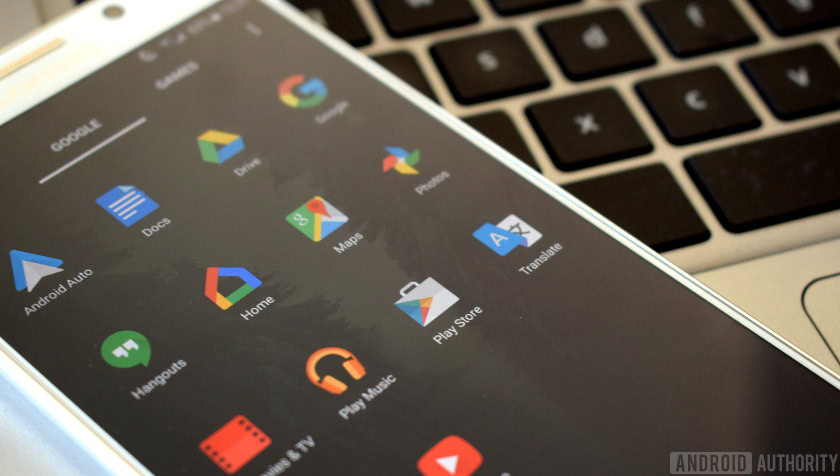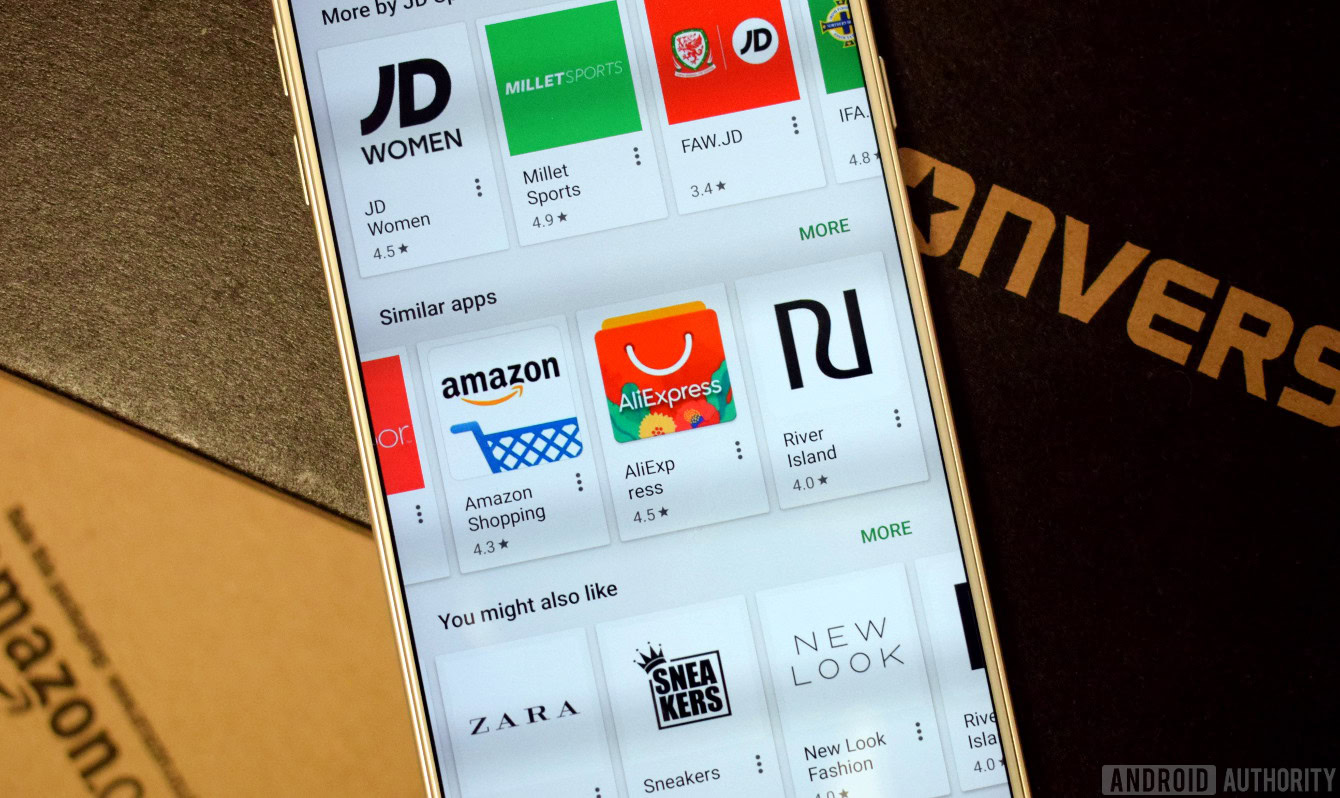Affiliate links on Android Authority may earn us a commission. Learn more.
All Android apps to have 64-bit support by August 2019, improved performance will be the result
Published onDecember 20, 2017

There aren’t many weeks go by between announcements from Google regarding security. Naturally, Google is keen to publish writings on the sophistication of its security systems, giving that all Android users are beholden to them (and many of us are terrified about the implications). Yesterday, the company outlined some of its next steps with regards to app security and performance via a blog post on its Android Developers site.
Firstly, Google plans to add a “small amount” of security metadata to each APK to verify its authenticity. Google describes this as something like a seal of quality badge that you might find on a physical product, and it wouldn’t affect device functionality. Nor would it directly affect the end-user. What it’s meant to do is enhance the “integrity of Play’s mobile app ecosystem” — that is, up security.

Next, Android apps will be required to target a recent Application Programme Interface (API) level from August 2018. This will begin at API level 26 (Android 8.0) or higher, with existing apps having to be updated to target that API from November 2018.
Google says that this requirement will increase each year, so apps will continually have to be updated (or created fresh) targeting one of the most recent API levels. The main benefit of this lies in securing devices against malware.

Possibly the most significant point discussed in the post is the 64-bit support requirement for apps coming in August 2019. Currently, apps support 32-bit architectures by default and in some cases 64-bit (more than 40% of cases, according to Google), after this possibility was rolled out with Android 5.0 Lollipop.
By August 2019, apps with native libraries will have to have 64-bit versions as well as 32-bit versions (apps without native code won’t be affected). This isn’t just good news because it could make apps more secure, though, but because forcing developers to support 64-bit comes with benefits itself. Google says that adopting 64-bit can lead to “significantly better performance” of apps, as well as offering “additional registers and new instructions” to developers.
This will arrive as part of Google’s plan to ensure all Google apps support 64-bit code only in the future, and Google says that an “in-depth look at the performance benefits of 64-bit” will arrive in another blog post later.